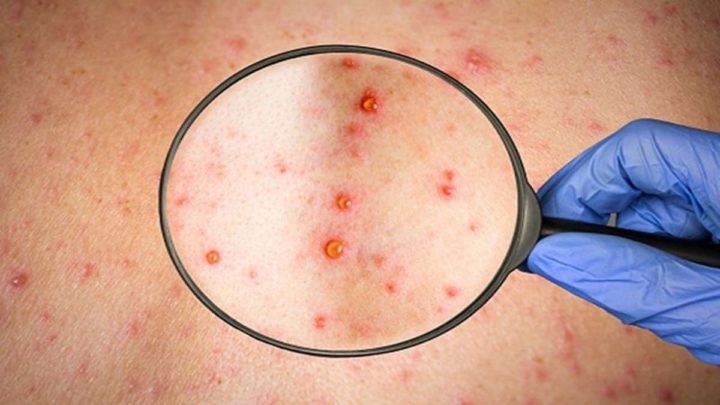The World Health Organization (WHO) has declared the monkeypox outbreak a public health emergency of international concern, the highest level of alert, when more than 16,000 cases are reported in 75 countries.
The Directorate General of Health (DGS) reported that Portugal had already adopted basic measures to respond to monkeypox.
Monkeypox: The total number of confirmed cases in Portugal is 588
The World Health Organization issued the highest level of alert on Saturday to try to contain an outbreak of monkeypox, which has already infected nearly 17,000 people in 74 countries, the organization's director-general announced. It should be noted that Portugal is one of the countries in the world most affected by monkeypox in terms of the number of diagnosed cases.
The WHO classification of "Public Health Emergencies of International Concern" aims to sound the alarm about the need for a coordinated international response to a disease or outbreak, and to alert the need for funding and global efforts to share vaccines and treatments.
This is the seventh time that the WHO has declared an international emergency (the mechanism started in 2005), having done so for influenza A in 2009, for Ebola in 2014 and 2018, polio in 2014, Zika virus in 2017 and for the virus coronavirus that causes COVID-19 in 2020, the latter still in effect.
According to the latest data from the Directorate General of Health (DGS), Portugal has a total of 588 confirmed cases of monkeypox virus.
According to the DGS, a sick person is no longer contagious until after complete recovery and crusting of the skin lesions, a period that may eventually exceed four weeks.
The most common symptoms of the disease are fever, severe headache, muscle aches, back pain, fatigue and swollen lymph nodes with a progressive rash affecting the skin and mucous membranes.

“Wannabe internet buff. Future teen idol. Hardcore zombie guru. Gamer. Avid creator. Entrepreneur. Bacon ninja.”



